21 Natural Inflammation Fighters That Could Rival Your Medicine Cabinet
Okay, think inflammation is just swelling after an injury? Think again. While that helpful response heals you, a deeper, chronic inflammation could be silently wreaking havoc, contributing to serious conditions like heart disease, diabetes, and autoimmune disorders. It's a persistent internal battle many don't realize they're fighting. But the good news? Your kitchen holds a powerful, natural pharmacy. Forget complex solutions for a moment and look to your plate! Packed with antioxidants and potent plant compounds, certain foods act as incredible inflammation fighters. These aren't just healthy options; they're nature's defense squad. We first identified 11 of these nutritional powerhouses, but the list of effective allies is so vast, we've now expanded our guide to 21 culinary warriors ready to help soothe inflammation, offering benefits that might just rival your medicine cabinet. Let's explore these delicious secrets to reclaiming your well-being.
1. Turmeric: The Golden Healer
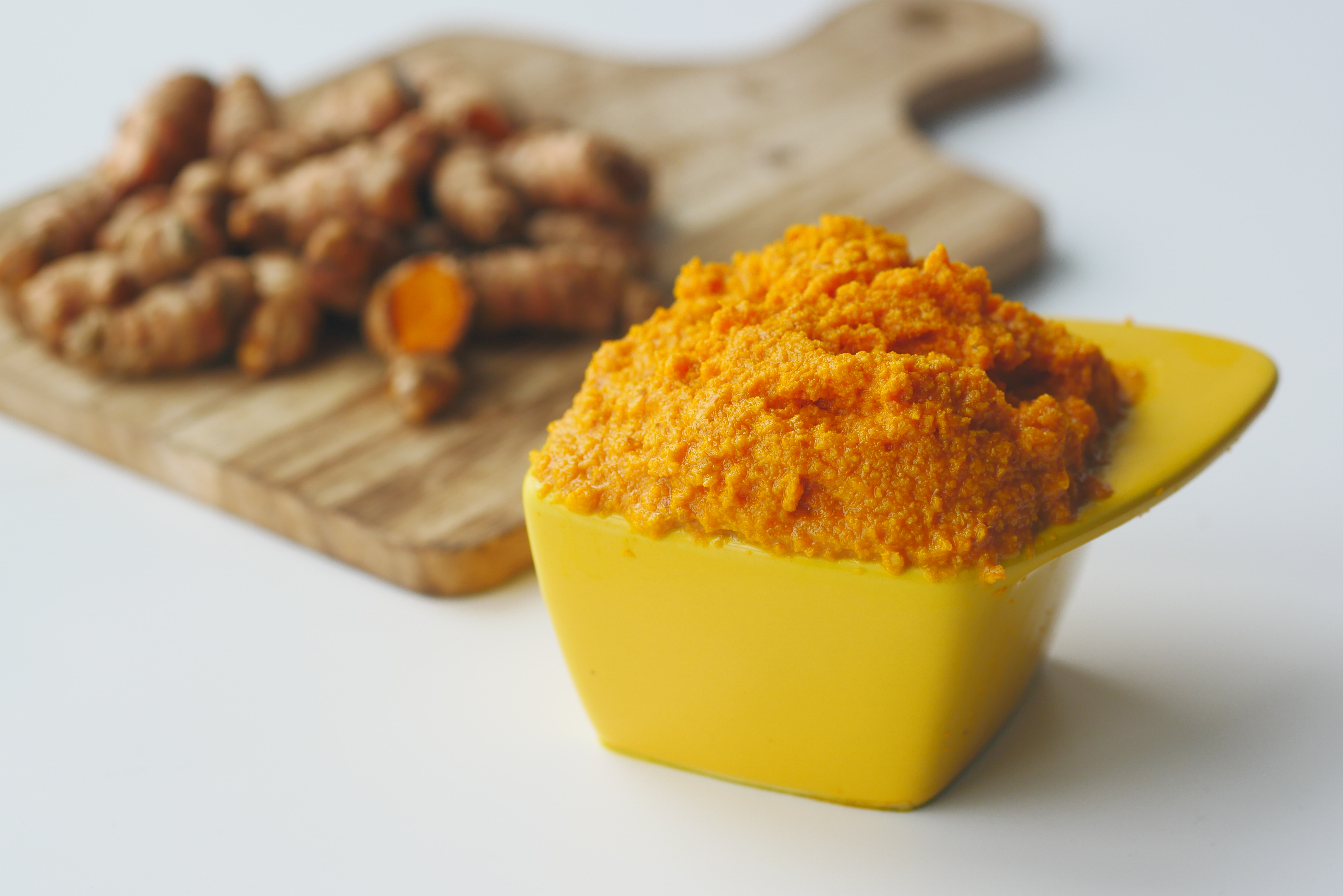
Turmeric, often referred to as the "golden spice," has been used in traditional medicine for centuries. Its vibrant yellow hue is due to curcumin, a compound with potent anti-inflammatory and antioxidant properties. Curcumin works by suppressing various molecules known to play significant roles in inflammation. Numerous studies have demonstrated turmeric's ability to reduce inflammation, with some suggesting it may be as effective as certain anti-inflammatory drugs, minus the side effects. Beyond its health benefits, turmeric is versatile in the kitchen. It's a staple in Indian cuisine, used in curries, soups, and teas. To enhance its absorption, pair turmeric with black pepper, which contains piperine, a natural substance that increases curcumin absorption by 2000%. By incorporating turmeric into your daily diet, you embrace a time-honored remedy that not only adds flavor but also contributes significantly to reducing inflammation.
2. Ginger: The Zesty Defender
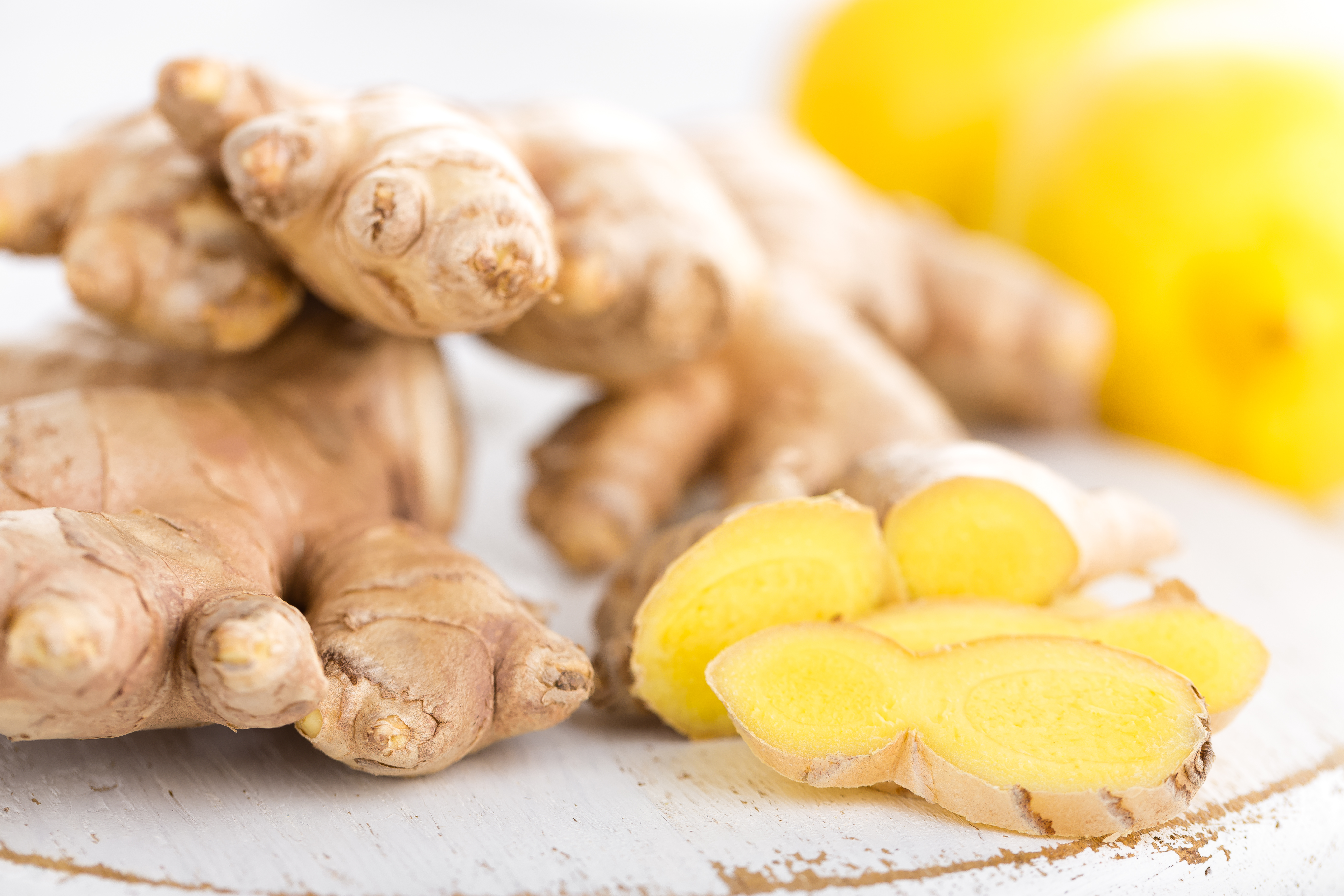
Ginger, with its distinctive spicy aroma, is another culinary warrior with impressive anti-inflammatory properties. This root has been used for centuries in both culinary and medicinal contexts. Ginger contains gingerol, a bioactive compound responsible for much of its medicinal properties. Studies have shown that ginger can effectively reduce inflammation and pain, particularly in conditions like osteoarthritis. Its benefits extend beyond inflammation, as ginger also aids digestion and helps combat nausea. In the kitchen, ginger is incredibly versatile. It can be grated into stir-fries, brewed into tea, or added to smoothies for a zesty kick. Fresh or powdered, ginger is a flavorful addition to both sweet and savory dishes. By making ginger a regular part of your diet, you harness a natural remedy that not only enhances flavor but also contributes to your overall well-being.
3. Berries: Nature’s Antioxidant Powerhouses
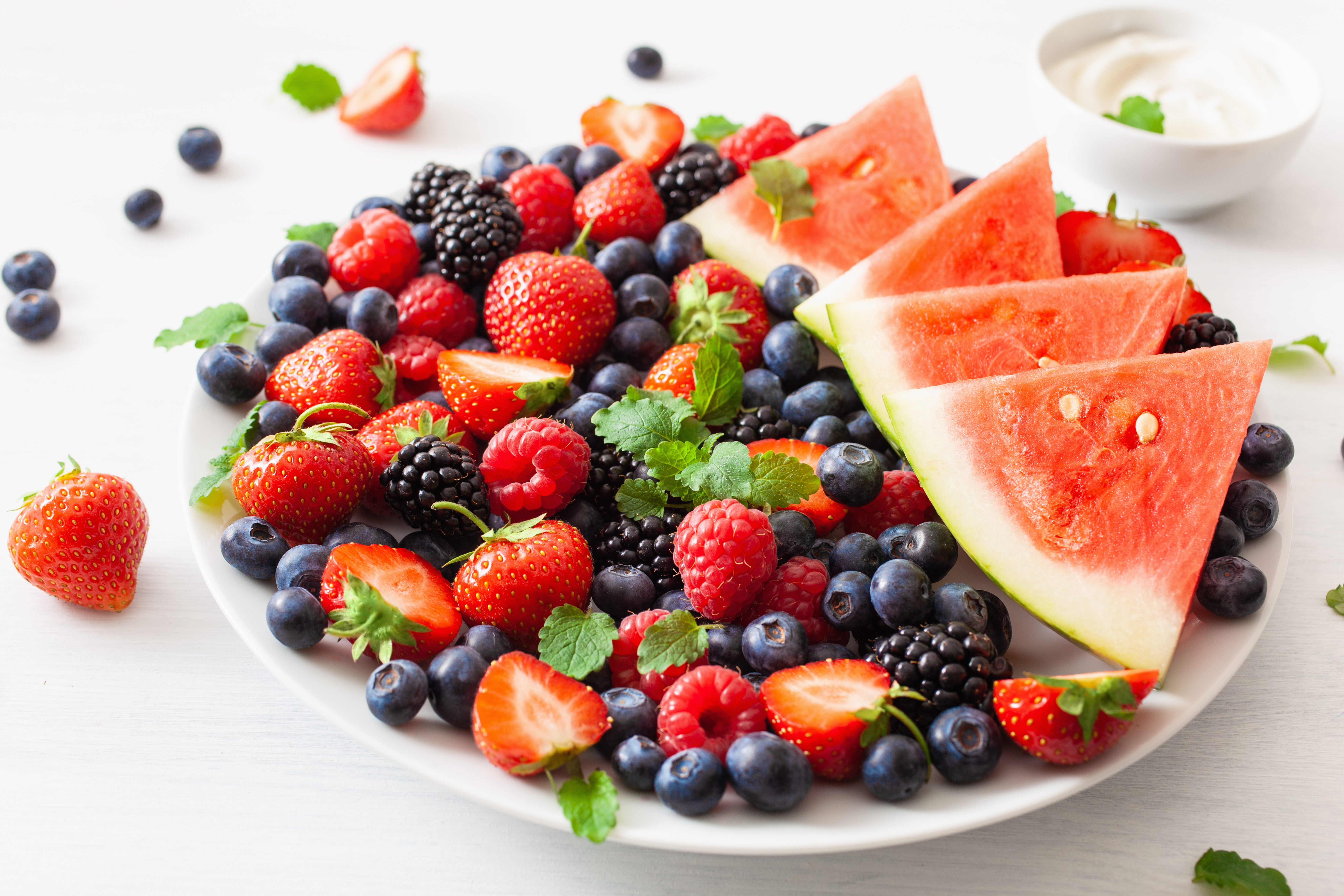
Berries, including blueberries, strawberries, and raspberries, are small but mighty when it comes to fighting inflammation. They are rich in antioxidants, particularly anthocyanins, which give berries their vibrant colors and have been shown to reduce inflammation. These antioxidants work by neutralizing free radicals, which can cause cellular damage and lead to chronic inflammation. Research indicates that regular consumption of berries can lower markers of inflammation and improve heart health. Berries are also high in fiber and vitamins, making them a nutritious addition to any diet. They can be enjoyed fresh, frozen, or dried, and are perfect for adding to yogurt, oatmeal, or smoothies. By incorporating a variety of berries into your diet, you not only indulge in their sweet and tart flavors but also fortify your body against inflammation.
4. Leafy Greens: The Verdant Protectors
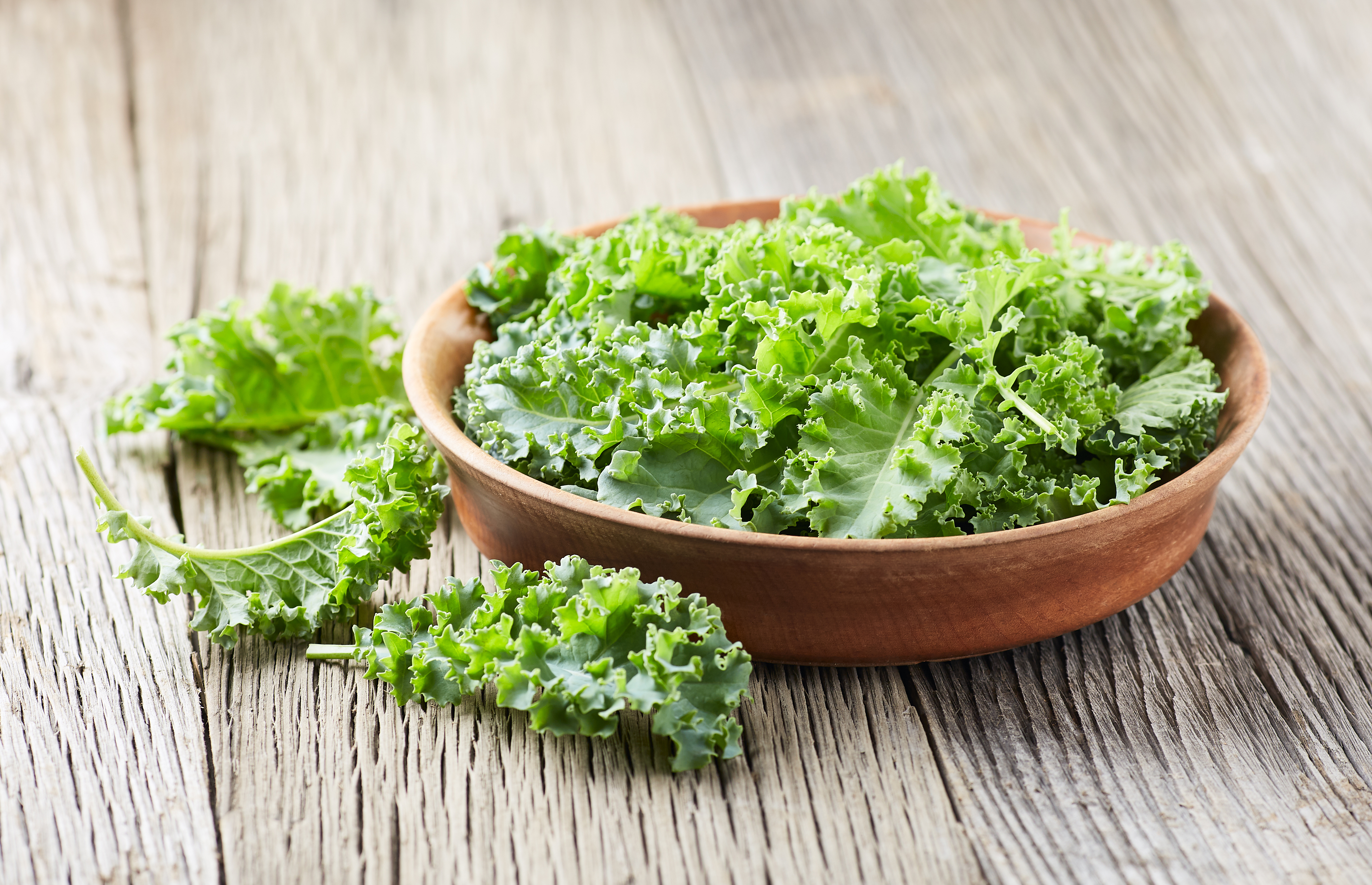
Leafy greens, such as spinach, kale, and Swiss chard, are nutritional powerhouses packed with vitamins, minerals, and antioxidants. These greens are particularly high in vitamin K, which has been shown to help reduce inflammation. They also contain compounds like sulforaphane, which has potent anti-inflammatory effects. Regular consumption of leafy greens is associated with a lower risk of chronic diseases, including heart disease and cancer. In the culinary world, leafy greens are incredibly versatile. They can be eaten raw in salads, sautéed as a side dish, or blended into smoothies. Their mild flavor makes them an easy addition to a variety of dishes. By incorporating leafy greens into your meals, you not only boost your nutrient intake but also strengthen your body's defenses against inflammation.
5. Fatty Fish: Omega-3 Champions
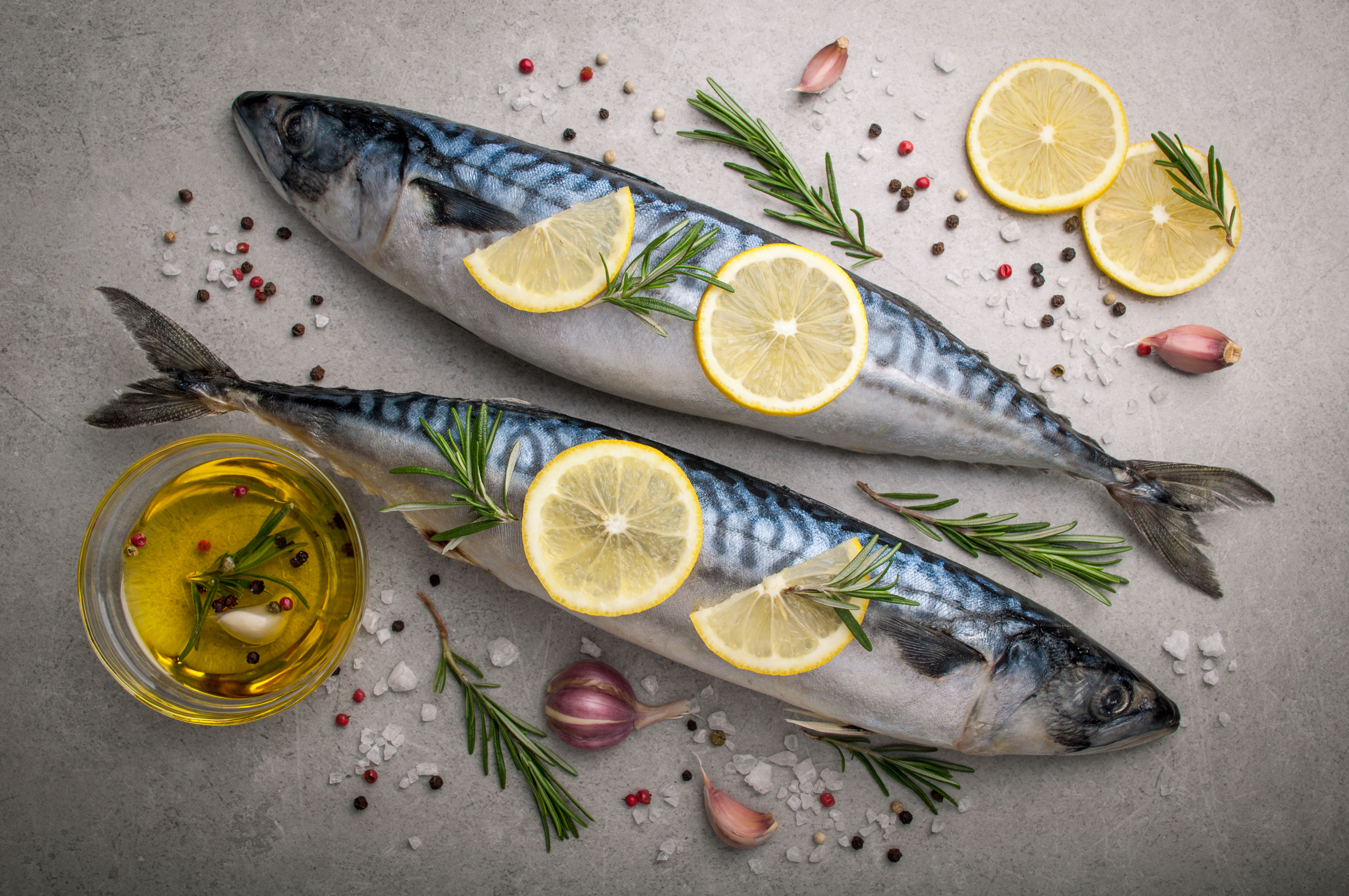
Fatty fish, such as salmon, mackerel, and sardines, are among the best sources of omega-3 fatty acids, which are renowned for their anti-inflammatory properties. Omega-3s work by reducing the production of inflammatory molecules and have been shown to decrease inflammation in various conditions, including heart disease and arthritis. Regular consumption of fatty fish is linked to numerous health benefits, including improved heart health and reduced risk of chronic diseases. In the kitchen, fatty fish is a versatile ingredient that can be grilled, baked, or pan-seared. Its rich flavor and tender texture make it a favorite among seafood lovers. By including fatty fish in your diet, you not only enjoy a delicious source of protein but also benefit from its powerful anti-inflammatory effects.
6. Nuts and Seeds: The Crunchy Sentries
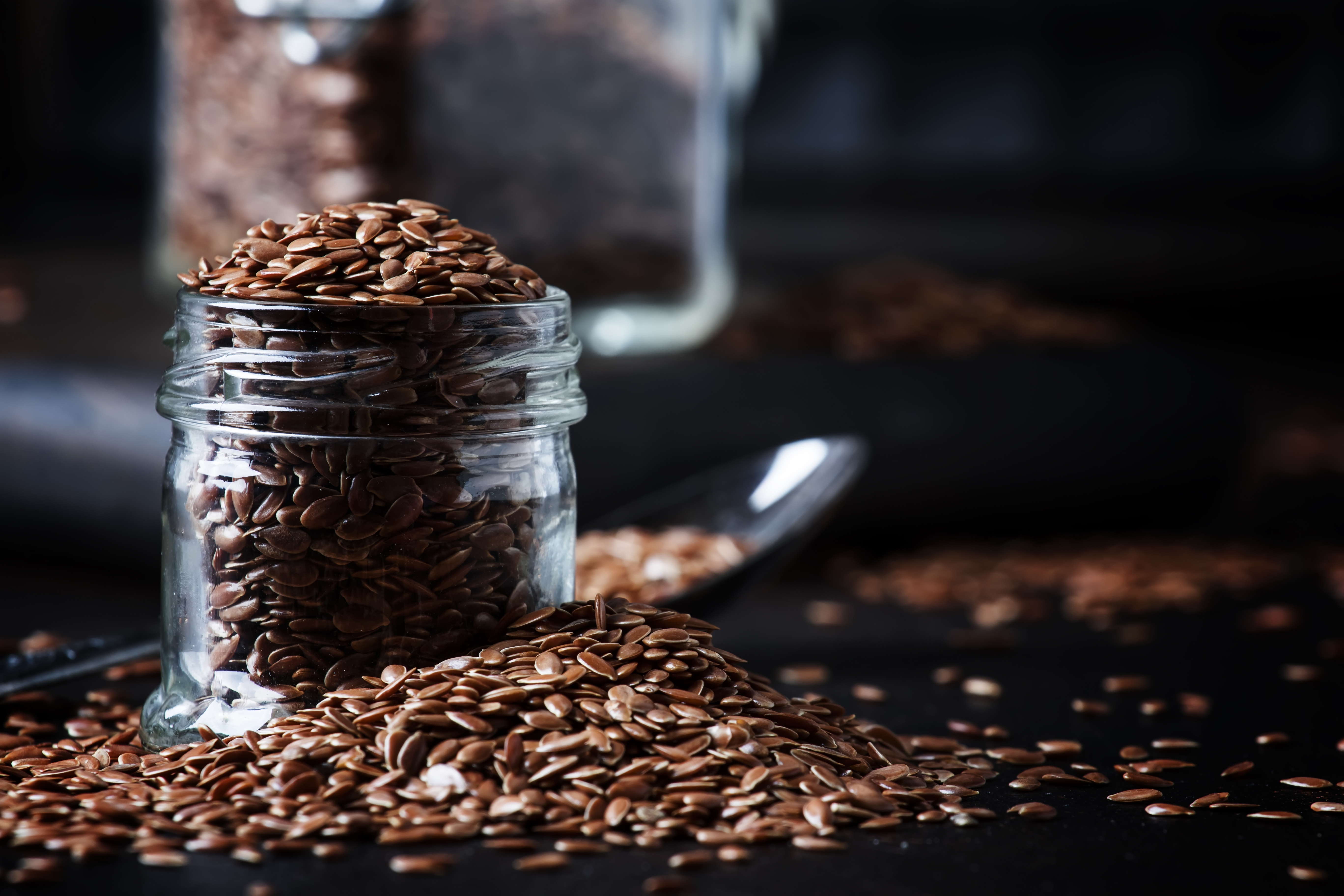
Nuts and seeds, such as almonds, walnuts, and flaxseeds, are rich in healthy fats, fiber, and antioxidants. These tiny powerhouses are particularly high in alpha-linolenic acid (ALA), a type of omega-3 fatty acid that helps reduce inflammation. Nuts and seeds also contain magnesium, which has been shown to have anti-inflammatory effects. Regular consumption of nuts and seeds is associated with a lower risk of chronic diseases, including heart disease and diabetes. They are a convenient and versatile snack that can be enjoyed on their own or added to salads, oatmeal, or yogurt. By incorporating a variety of nuts and seeds into your diet, you not only enjoy their crunchy texture and nutty flavor but also bolster your body's defense against inflammation.
7. Olive Oil: The Liquid Gold
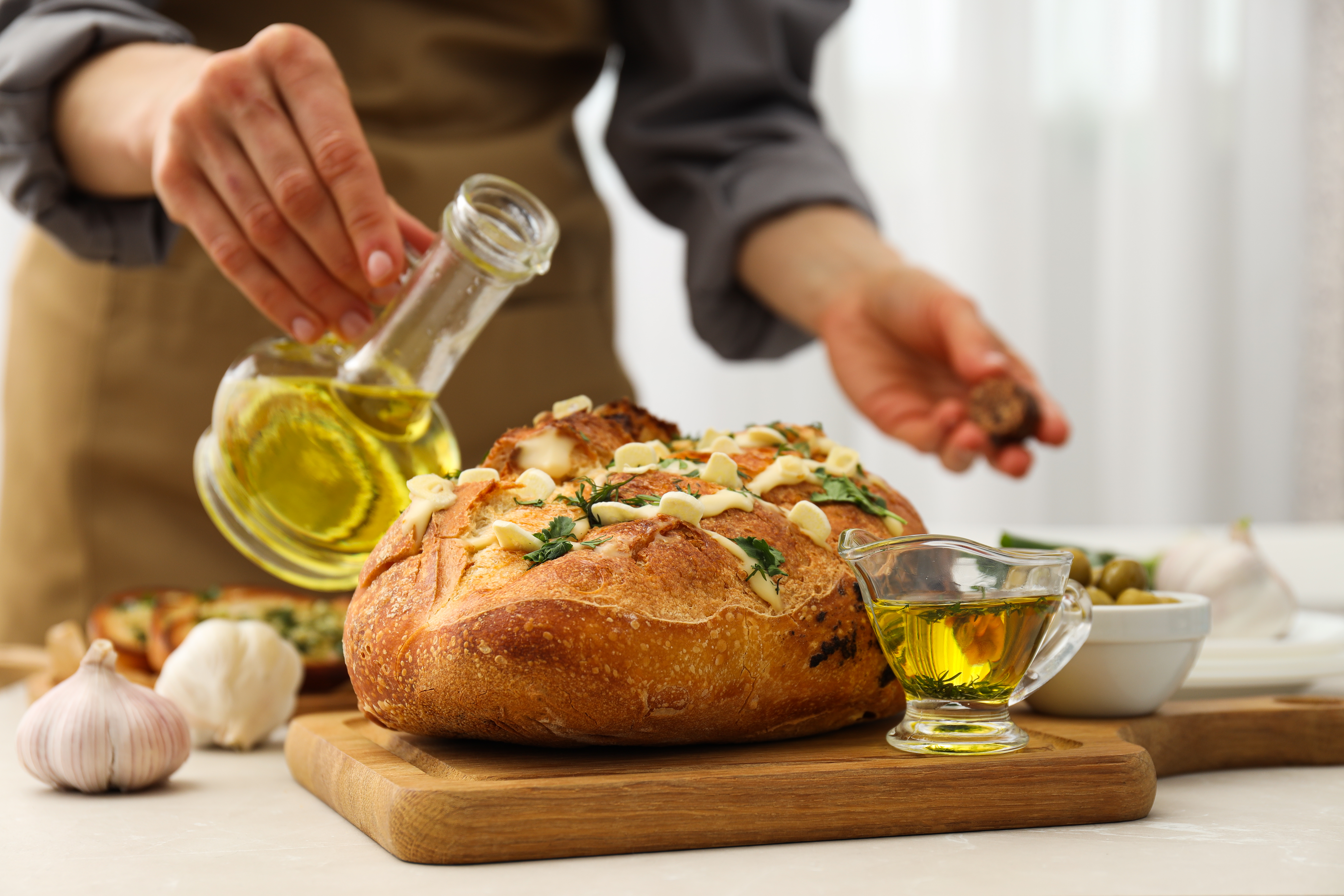
Olive oil, particularly extra virgin olive oil, is a staple of the Mediterranean diet and is renowned for its health benefits. It is rich in monounsaturated fats and contains oleocanthal, a compound with anti-inflammatory properties similar to ibuprofen. Studies have shown that regular consumption of olive oil can reduce inflammation and lower the risk of chronic diseases, including heart disease and cancer. In the kitchen, olive oil is a versatile ingredient that can be used for cooking, baking, or as a dressing for salads. Its rich flavor and smooth texture make it a favorite among chefs and home cooks alike. By incorporating olive oil into your diet, you not only enhance the flavor of your dishes but also benefit from its powerful anti-inflammatory properties.
8. Garlic: The Pungent Protector
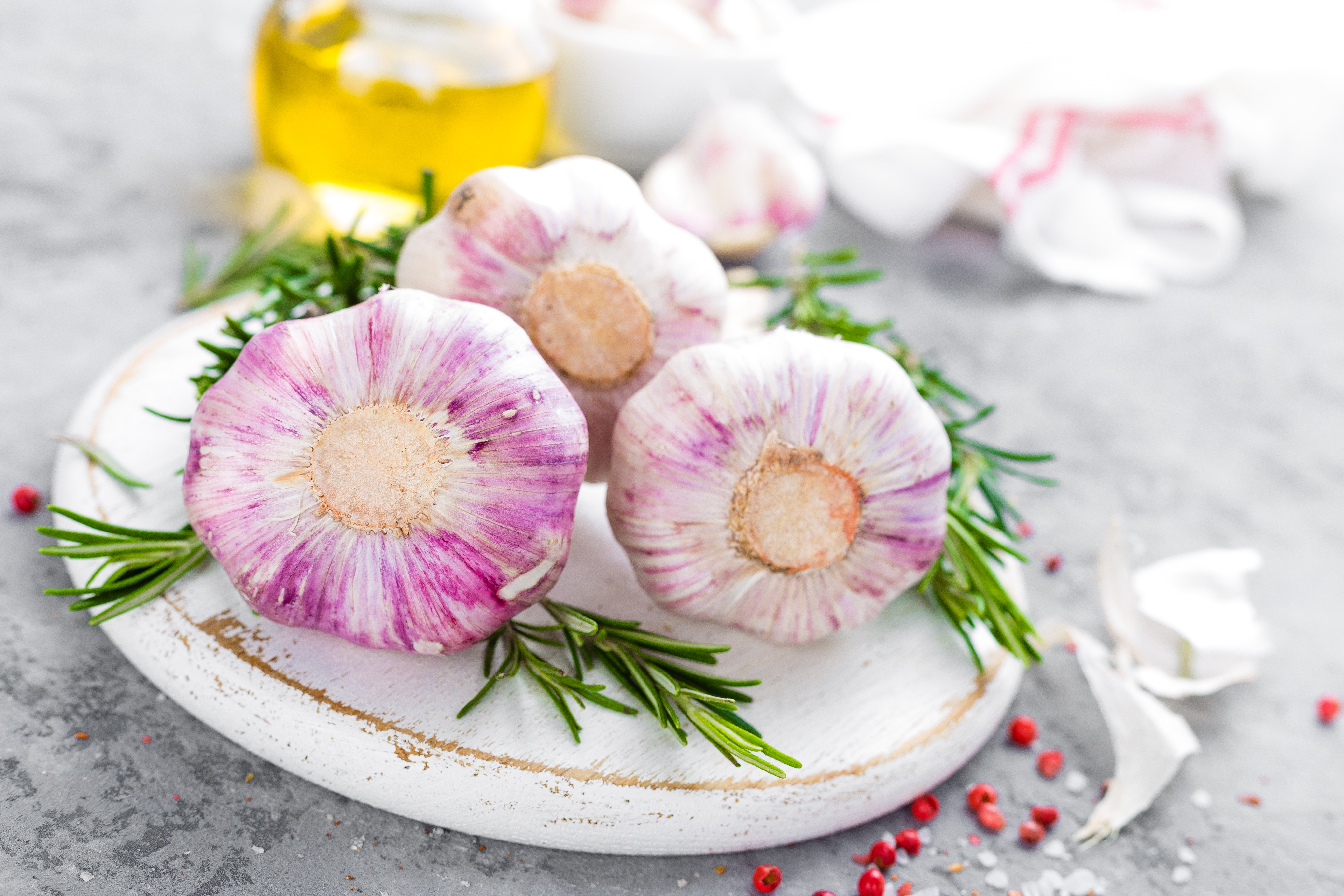
Garlic, with its distinctive aroma and flavor, is more than just a culinary staple. It contains allicin, a compound with potent anti-inflammatory and antioxidant properties. Studies have shown that garlic can reduce inflammation and boost immune function. Its benefits extend beyond inflammation, as garlic is also known to improve heart health and reduce the risk of certain cancers. In the kitchen, garlic is a versatile ingredient that can be used to enhance the flavor of a wide variety of dishes. It can be roasted, sautéed, or minced and added to sauces, soups, and marinades. By incorporating garlic into your diet, you not only enjoy its bold flavor but also fortify your body against inflammation.
9. Green Tea: The Soothing Elixir
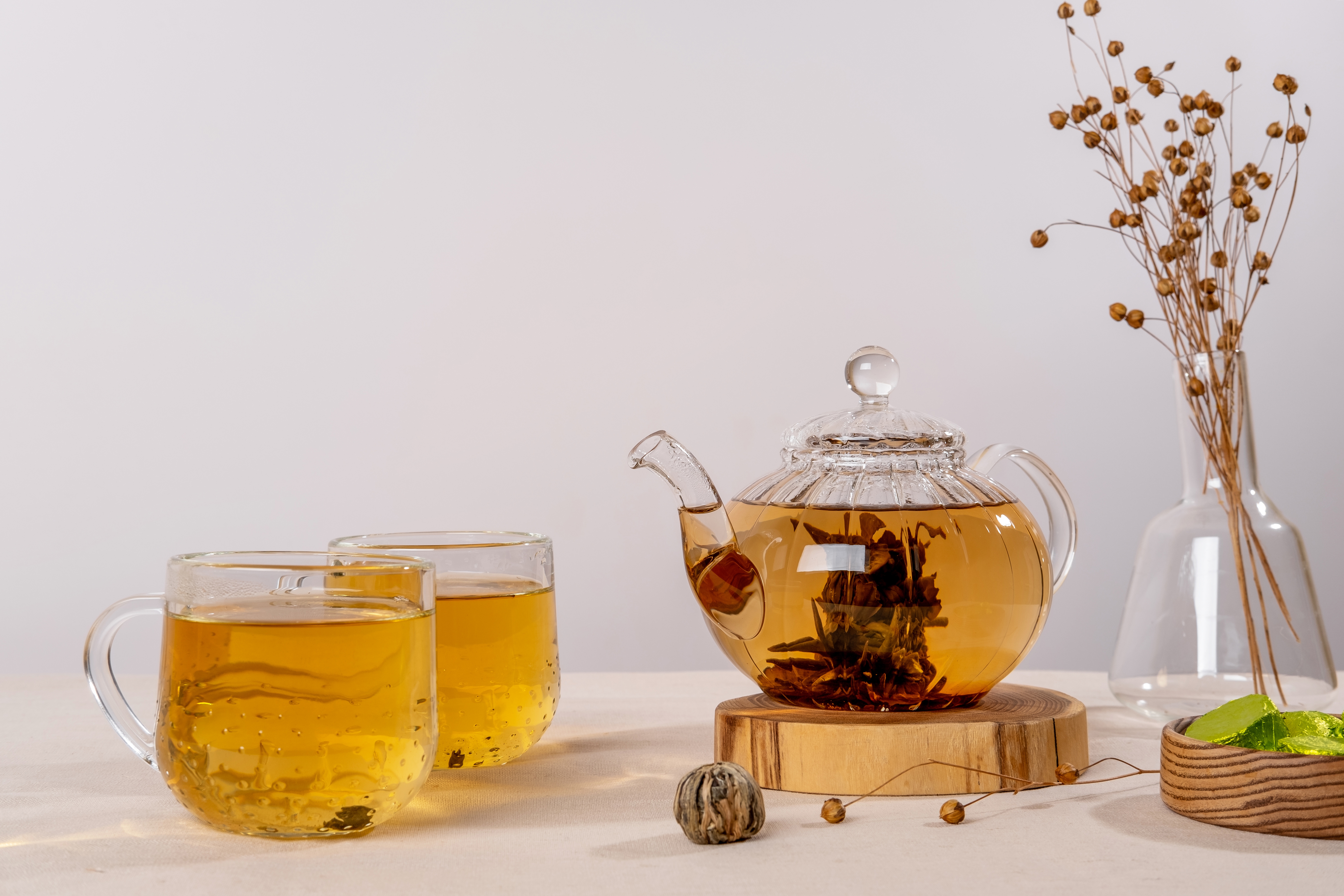
Green tea, revered for its health benefits, is rich in antioxidants, particularly catechins, which have been shown to reduce inflammation. One of the most powerful catechins in green tea is epigallocatechin gallate (EGCG), which has potent anti-inflammatory effects. Regular consumption of green tea is associated with a lower risk of chronic diseases, including heart disease and cancer. In addition to its health benefits, green tea is a soothing beverage that can be enjoyed hot or cold. Its mild flavor and refreshing taste make it a popular choice for tea lovers. By incorporating green tea into your daily routine, you not only enjoy a calming beverage but also harness its powerful anti-inflammatory properties.
10. Tomatoes: The Juicy Defenders
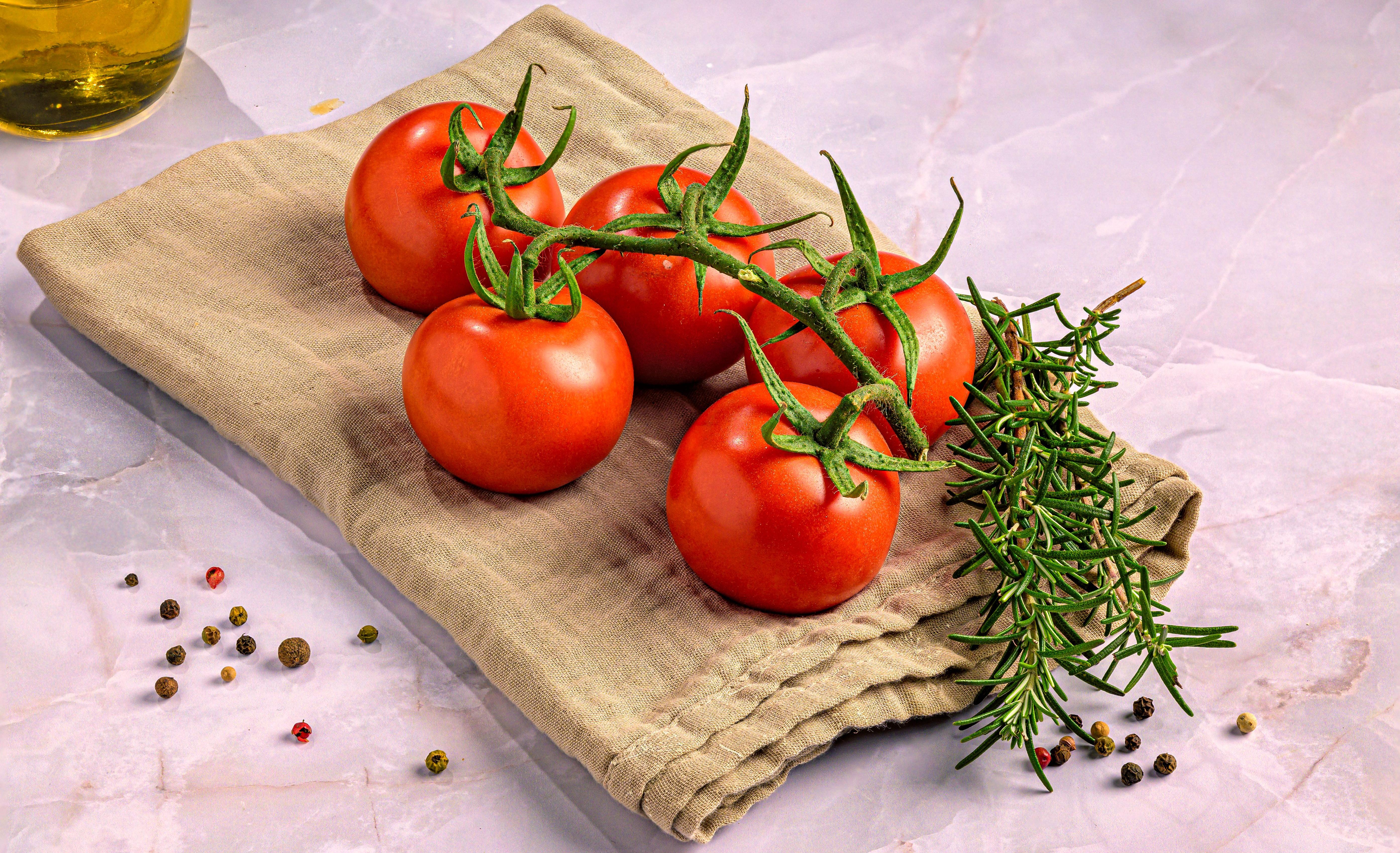
Tomatoes, with their vibrant red color and juicy texture, are a rich source of lycopene, a powerful antioxidant with anti-inflammatory properties. Studies have shown that lycopene can reduce inflammation and lower the risk of chronic diseases, including heart disease and cancer. Tomatoes are also high in vitamin C, which further enhances their anti-inflammatory effects. In the kitchen, tomatoes are a versatile ingredient that can be used in a wide variety of dishes. They can be eaten raw in salads, cooked into sauces, or roasted with herbs. By incorporating tomatoes into your diet, you not only enjoy their fresh flavor but also benefit from their powerful anti-inflammatory properties.
11. Dark Chocolate: The Sweet Guardian

Dark chocolate, often considered an indulgence, is surprisingly rich in antioxidants, particularly flavonoids, which have been shown to reduce inflammation. Studies have shown that regular consumption of dark chocolate can lower markers of inflammation and improve heart health. Its benefits extend beyond inflammation, as dark chocolate is also known to improve brain function and mood. In the kitchen, dark chocolate is a versatile ingredient that can be used in both sweet and savory dishes. It can be enjoyed on its own, melted into sauces, or added to baked goods. By incorporating dark chocolate into your diet, you not only indulge in its rich flavor but also harness its powerful anti-inflammatory effects.
12. Cherries (Especially Tart): The Ruby Soothers
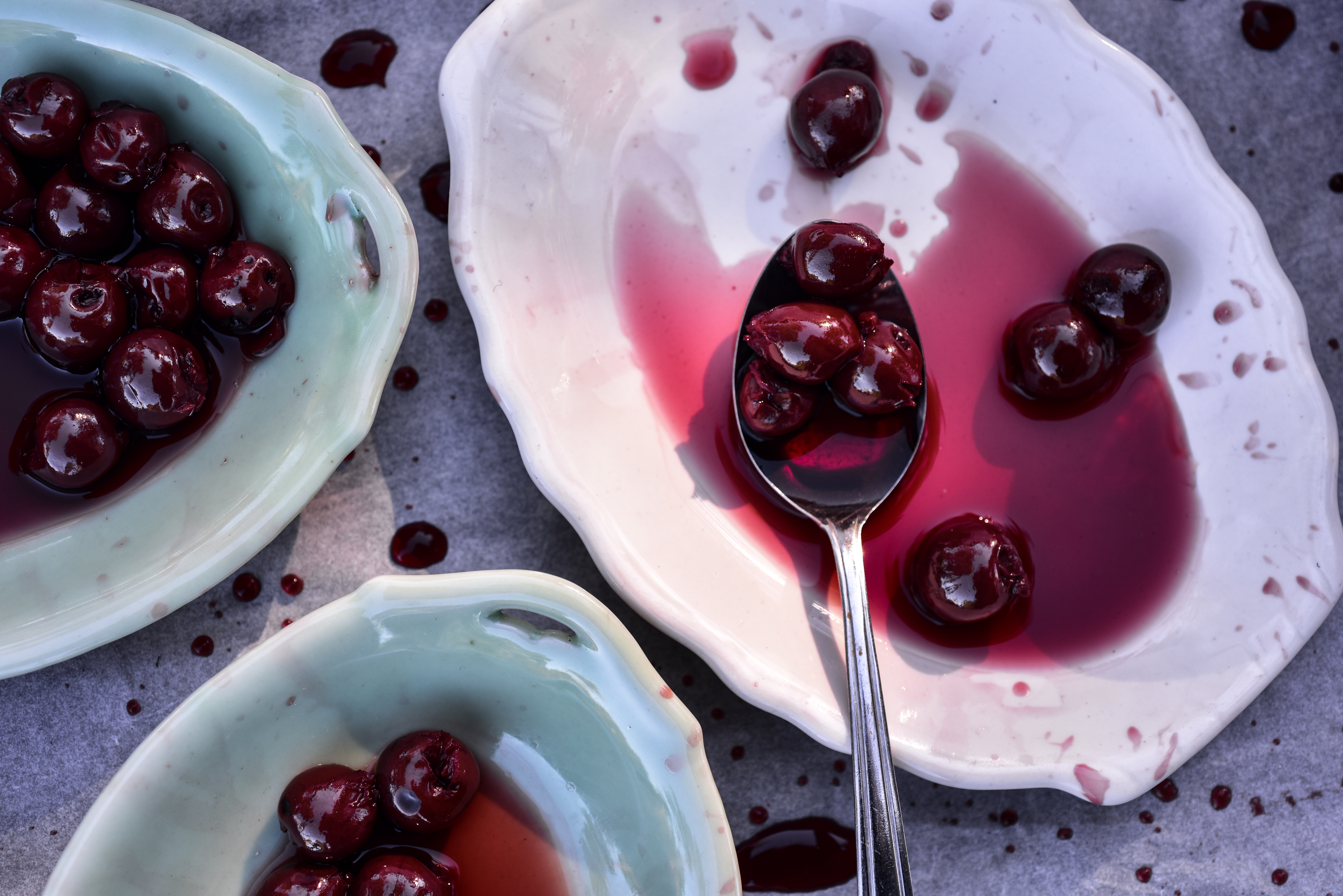
Don't underestimate these ruby gems, particularly the tart varieties like Montmorency. Cherries are brimming with anthocyanins and cyanidin, potent antioxidants that give them their deep red color and remarkable anti-inflammatory power. Studies suggest they can significantly lower inflammatory markers and may even offer relief comparable to NSAIDs for conditions like gout and osteoarthritis flare-ups. Beyond joint health, tart cherry juice is increasingly popular among athletes for reducing muscle soreness and aiding recovery post-exercise. Enjoy them fresh in season, frozen in smoothies, or as concentrated juice (watch for added sugar!) for a year-round inflammation-fighting treat.
13. Broccoli: The Cruciferous Crusader
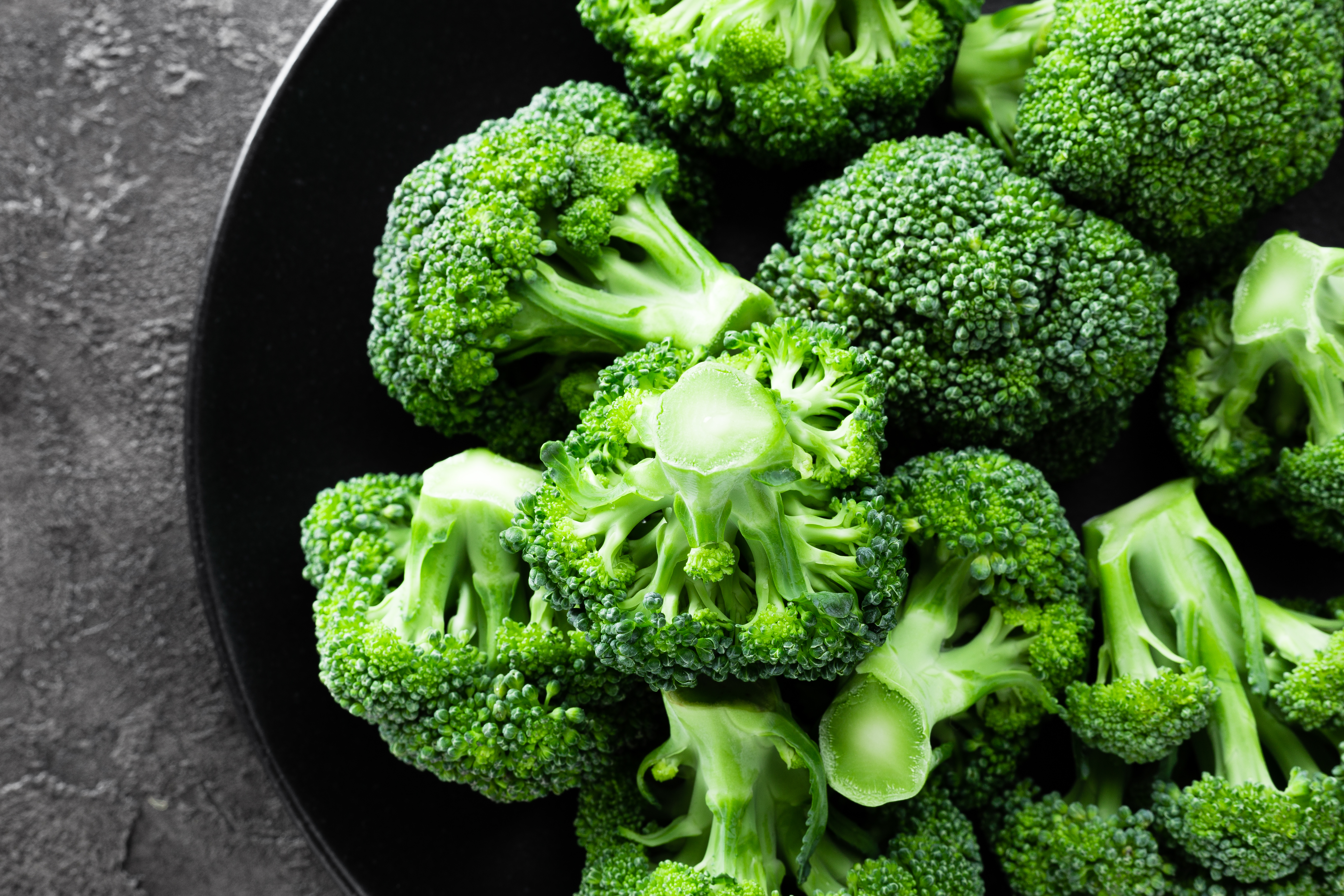
This familiar green tree isn't just packed with vitamins; it's a veritable anti-inflammatory powerhouse thanks to sulforaphane. This potent compound is released when broccoli is chopped or chewed and works by neutralizing toxins and reducing inflammatory cytokines like NF-κB. Sulforaphane has shown promise in protecting against various chronic conditions linked to inflammation. To maximize its benefits, lightly steam or stir-fry broccoli rather than boiling it, or enjoy it raw with a healthy dip. Embrace this cruciferous crusader regularly to harness its unique protective compounds and bolster your body's natural defenses against cellular stress.
14. Avocado: The Creamy Calmer
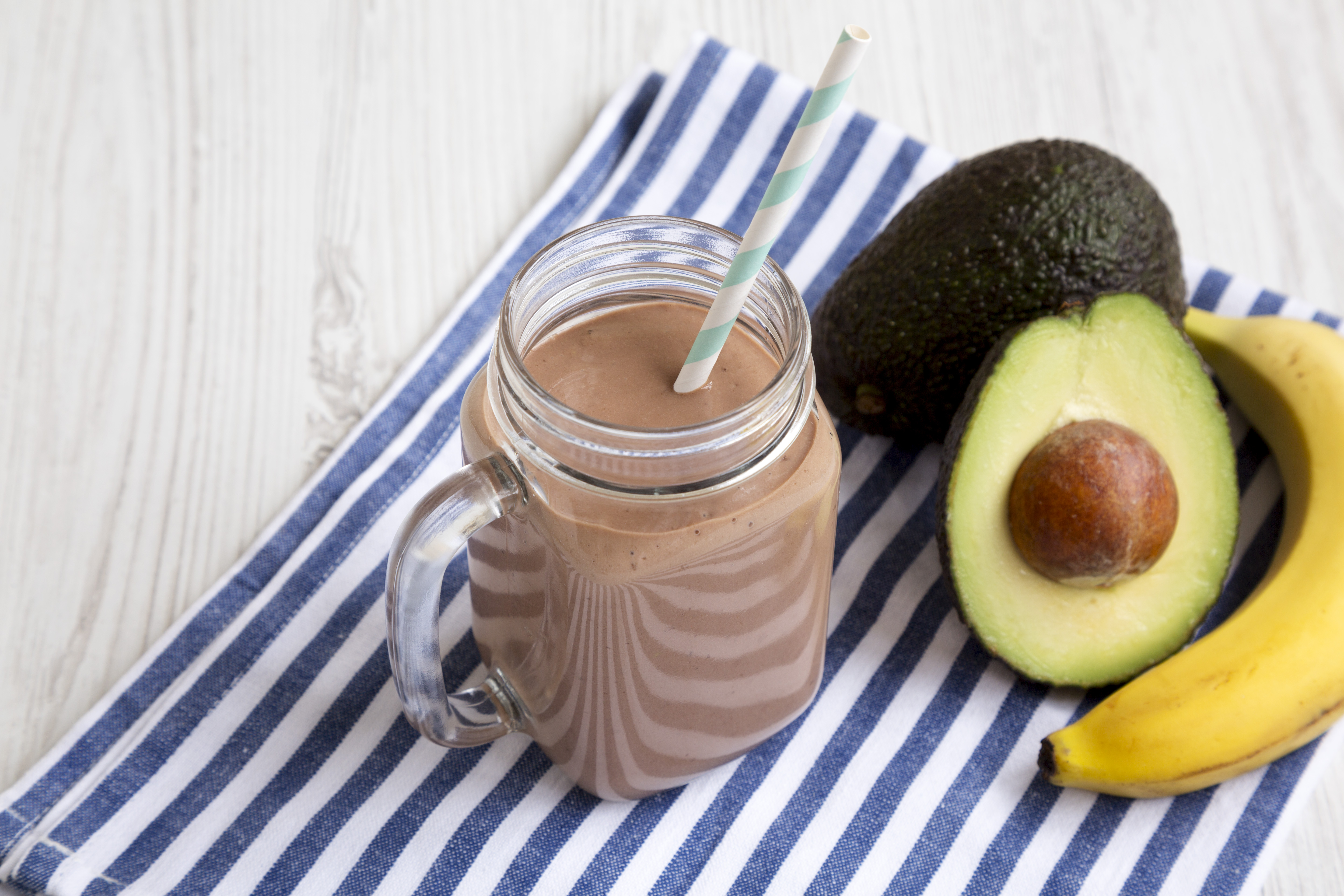
Often celebrated for its healthy monounsaturated fats (similar to olive oil), avocado offers more profound anti-inflammatory benefits. It's rich in carotenoids like lutein and zeaxanthin, plus vitamin E, potassium, and magnesium – all contributing to reducing systemic inflammation. Compounds within avocados may inhibit pro-inflammatory pathways, particularly protecting cartilage health. Its creamy texture makes it incredibly versatile – spread it on toast, blend it into smoothies for richness, dice it into salads, or use it as a base for healthy dressings. This fruit (yes, it's a fruit!) is a delicious way to load up on inflammation-calming nutrients.
15. Mushrooms: The Fungal Fighters
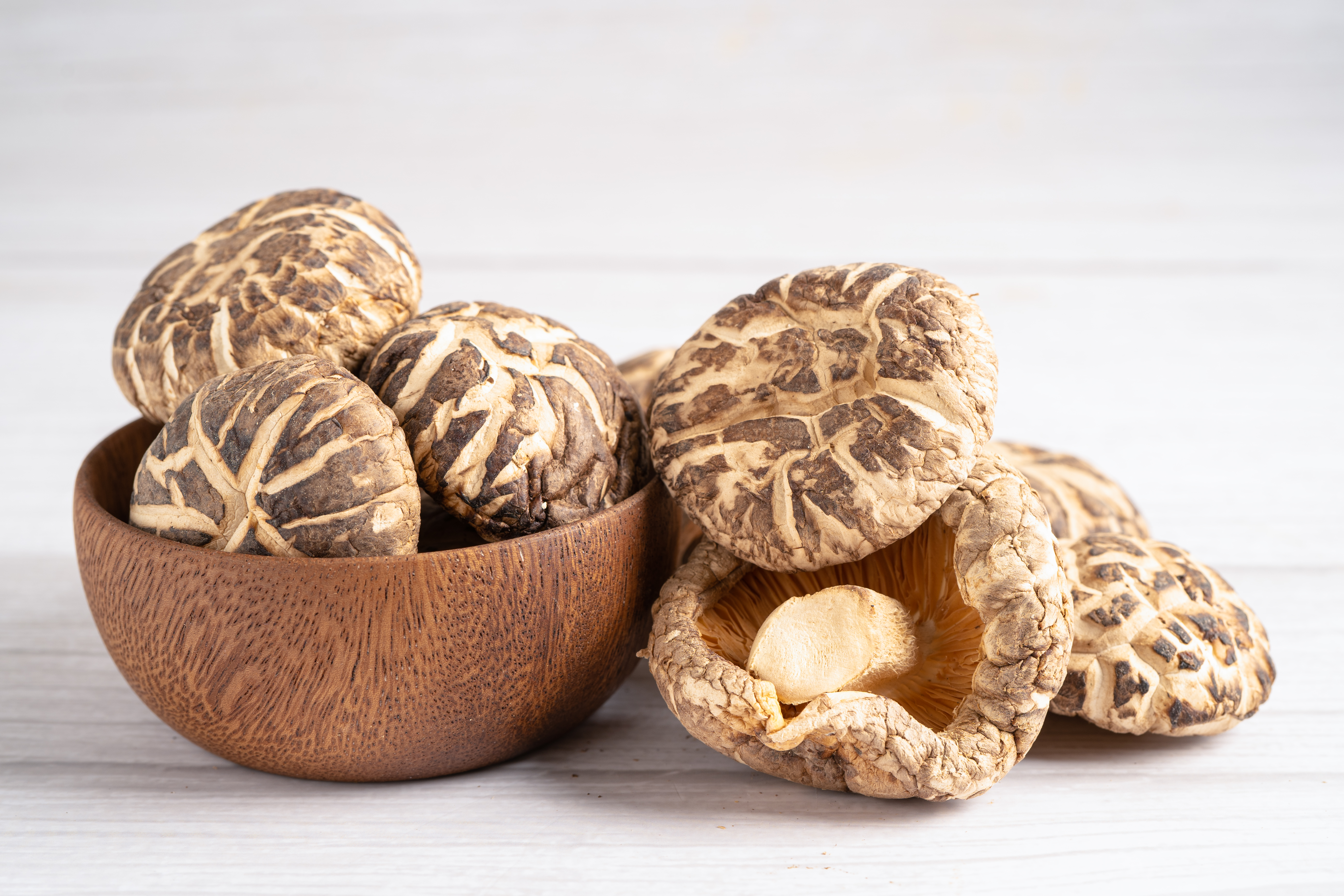
Often overlooked, edible fungi like shiitake, maitake, and even common button mushrooms contain unique anti-inflammatory agents. They are rich in phenols and potent antioxidants like ergothioneine, plus polysaccharides such as beta-glucans known for modulating the immune system and calming inflammatory responses. Different varieties offer distinct benefits, contributing to overall gut health which is intrinsically linked to systemic inflammation. Sauté them with garlic, add them to soups and stews, or grill larger caps like portobellos as a meaty substitute. Exploring the world of mushrooms adds not just umami flavor but also unique inflammation-fighting compounds to your diet.
16. Red Bell Peppers: The Crimson Coolers
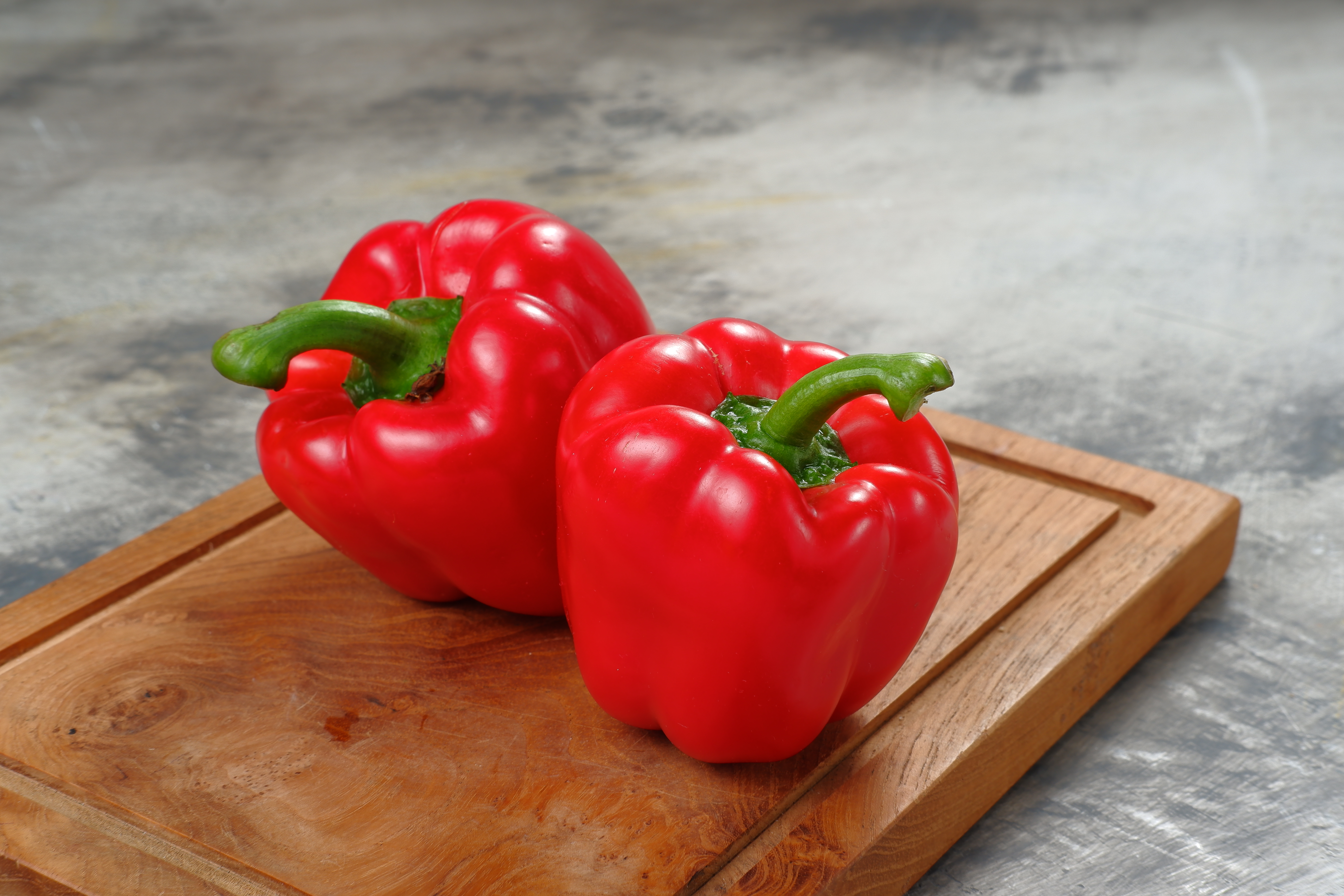
While all bell peppers are healthy, the fully ripened red varieties pack the most potent anti-inflammatory punch. They boast exceptionally high levels of Vitamin C, a powerful antioxidant that combats inflammatory free radicals, and contain beneficial carotenoids like capsanthin, responsible for their vibrant hue. Red peppers also provide quercetin, another flavonoid known for its anti-inflammatory and antihistamine effects. Enjoy them raw in salads or with dips for maximum Vitamin C, or roast them to bring out their natural sweetness. Adding these crimson coolers to your meals is a colourful and effective way to dampen inflammation.
17. Seaweed & Algae: The Marine Marvels
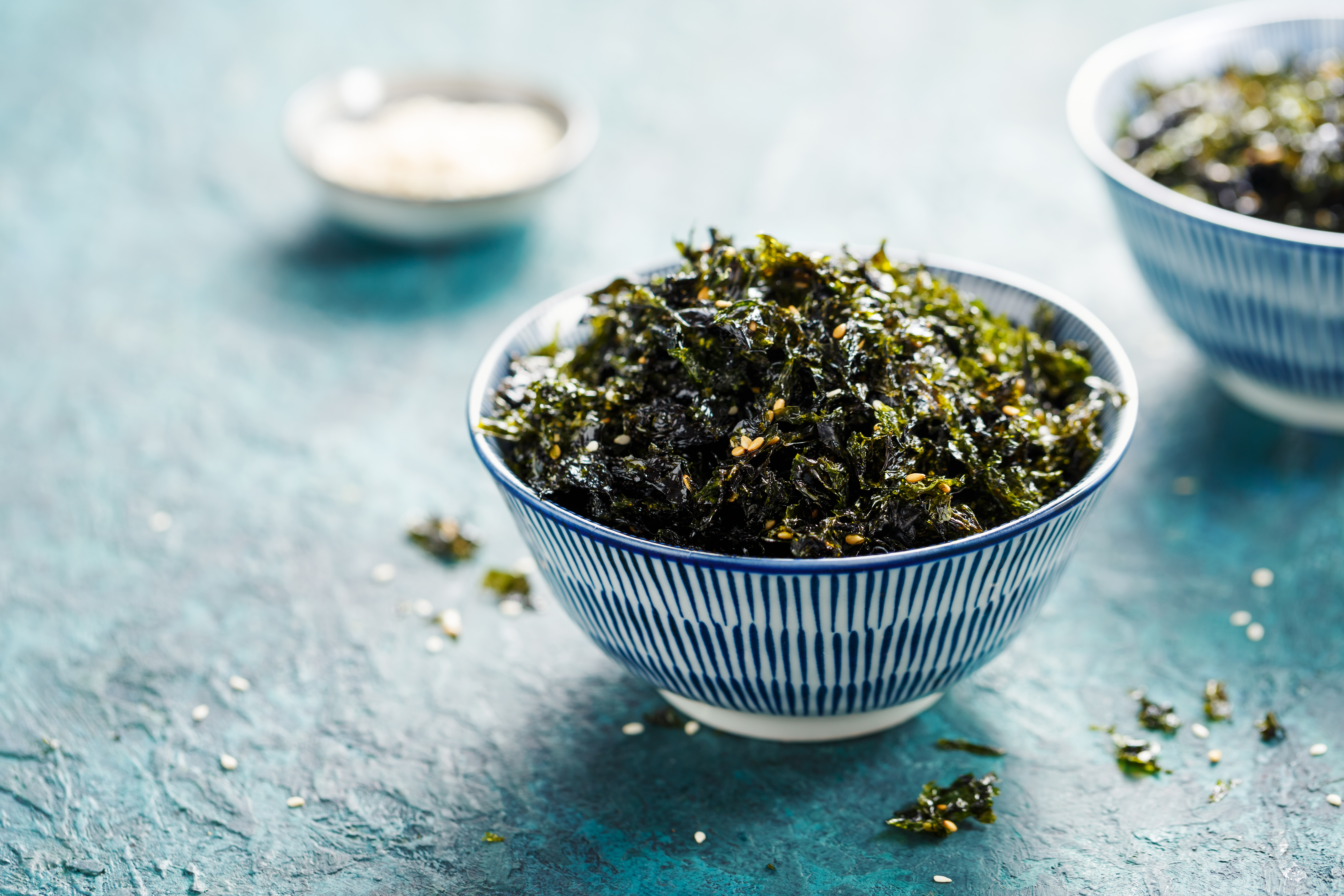
Venture beyond land-based greens to explore the unique benefits of marine vegetables like nori, kelp, and wakame, or micro-algae like spirulina and chlorella. Seaweeds are concentrated sources of minerals like iodine (crucial for thyroid health, which influences inflammation) and unique polysaccharides such as fucoidans, shown to have significant anti-inflammatory and immune-modulating effects. Algae offer potent antioxidants like phycocyanin (in spirulina) and are a primary source of EPA/DHA omega-3s in some supplements. Add nori sheets to wraps, sprinkle kelp flakes as seasoning, or blend spirulina into smoothies for a dose of unique marine anti-inflammatory power.
18. Beans & Legumes: The Humble Heroes
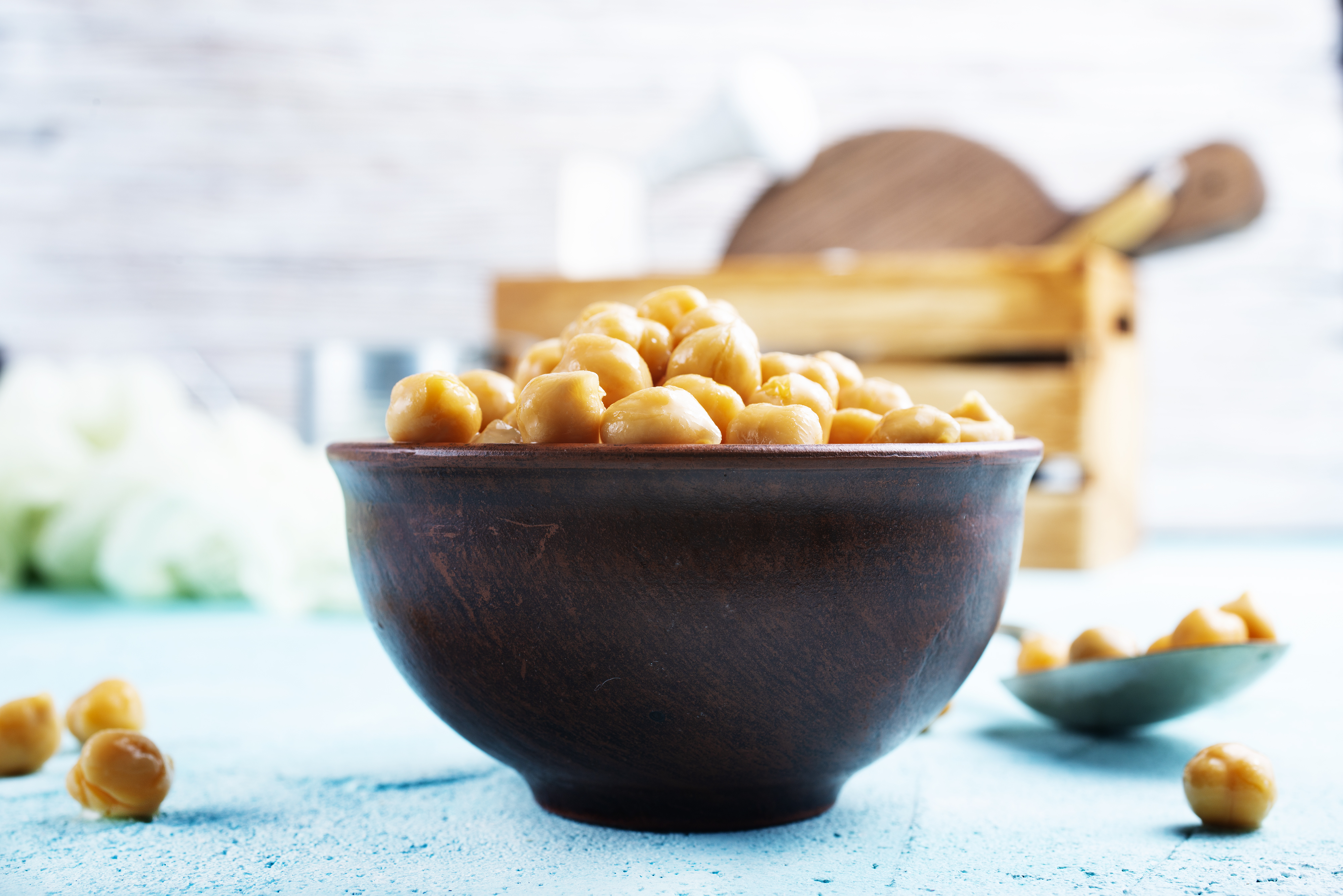
Often praised for protein and fiber, beans, lentils, and chickpeas are also unsung anti-inflammatory heroes. Their high fiber content, particularly resistant starch, nourishes beneficial gut bacteria. A healthy gut microbiome is crucial for regulating the immune system and preventing leaky gut, a key driver of chronic inflammation. Furthermore, dark-colored beans (like black beans and kidney beans) are rich in anthocyanins, the same powerful anti-inflammatory antioxidants found in berries. Incorporate these affordable staples into soups, stews, salads, or dips like hummus to boost fiber intake and support an anti-inflammatory gut environment.
19. Pineapple: The Bromelain Broker
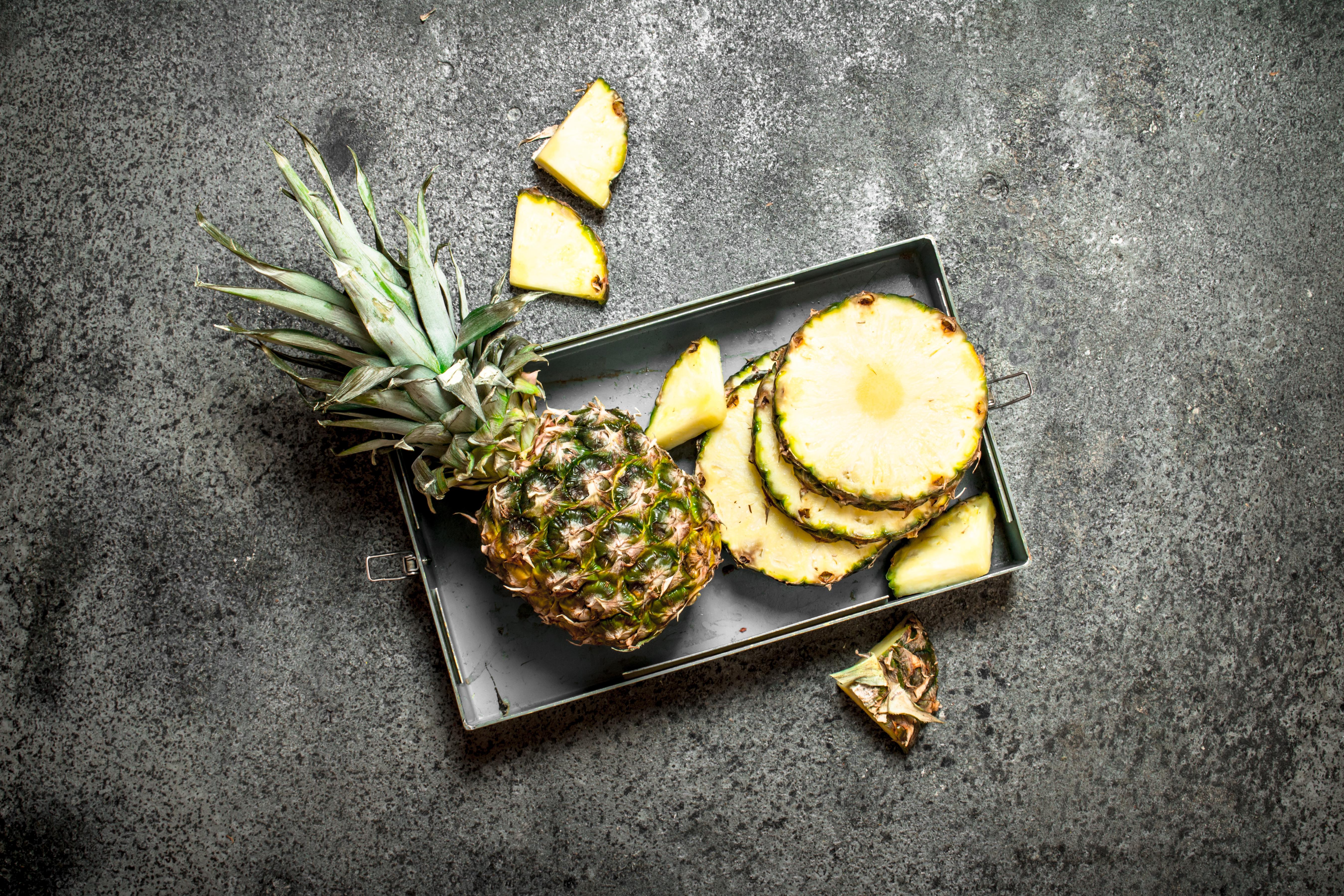
This tropical delight offers more than just sweetness; it contains bromelain, a unique group of protein-digesting enzymes with significant anti-inflammatory properties. Bromelain has been shown to reduce swelling, bruising, and pain, particularly related to injuries, surgery, and conditions like sinusitis and arthritis. It works by modulating key inflammatory pathways in the body. Enjoy pineapple fresh or frozen, as heat can degrade bromelain's effectiveness. Add it to smoothies, fruit salads, or even savory dishes like salsa for a tropical twist that helps soothe inflammation from the inside out.
20. Cinnamon: The Warming Warrior
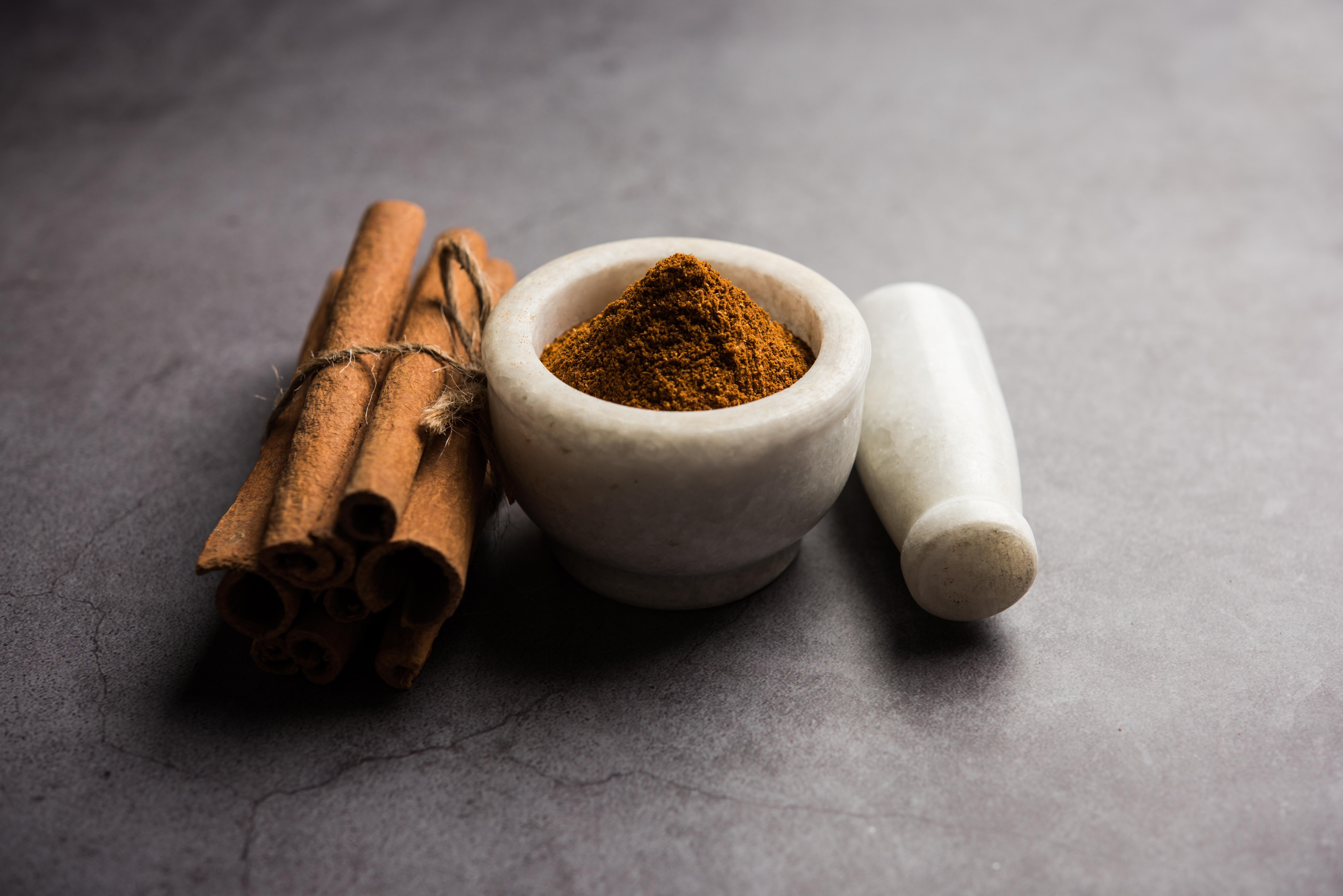
This beloved spice does more than warm your favorite baked goods; it's packed with powerful antioxidants, particularly cinnamaldehyde, which gives cinnamon its distinct flavor and aroma. Studies suggest cinnamon possesses potent anti-inflammatory properties, helping to lower systemic markers of inflammation. It may work by inhibiting inflammatory signaling molecules and protecting cells from oxidative stress. While often linked to blood sugar control, its anti-inflammatory effects are noteworthy. Sprinkle Ceylon cinnamon ("true" cinnamon) generously onto oatmeal, yogurt, coffee, or into savory dishes like stews and tagines for a flavorful health boost.
21. Beets: The Earthy Energizers
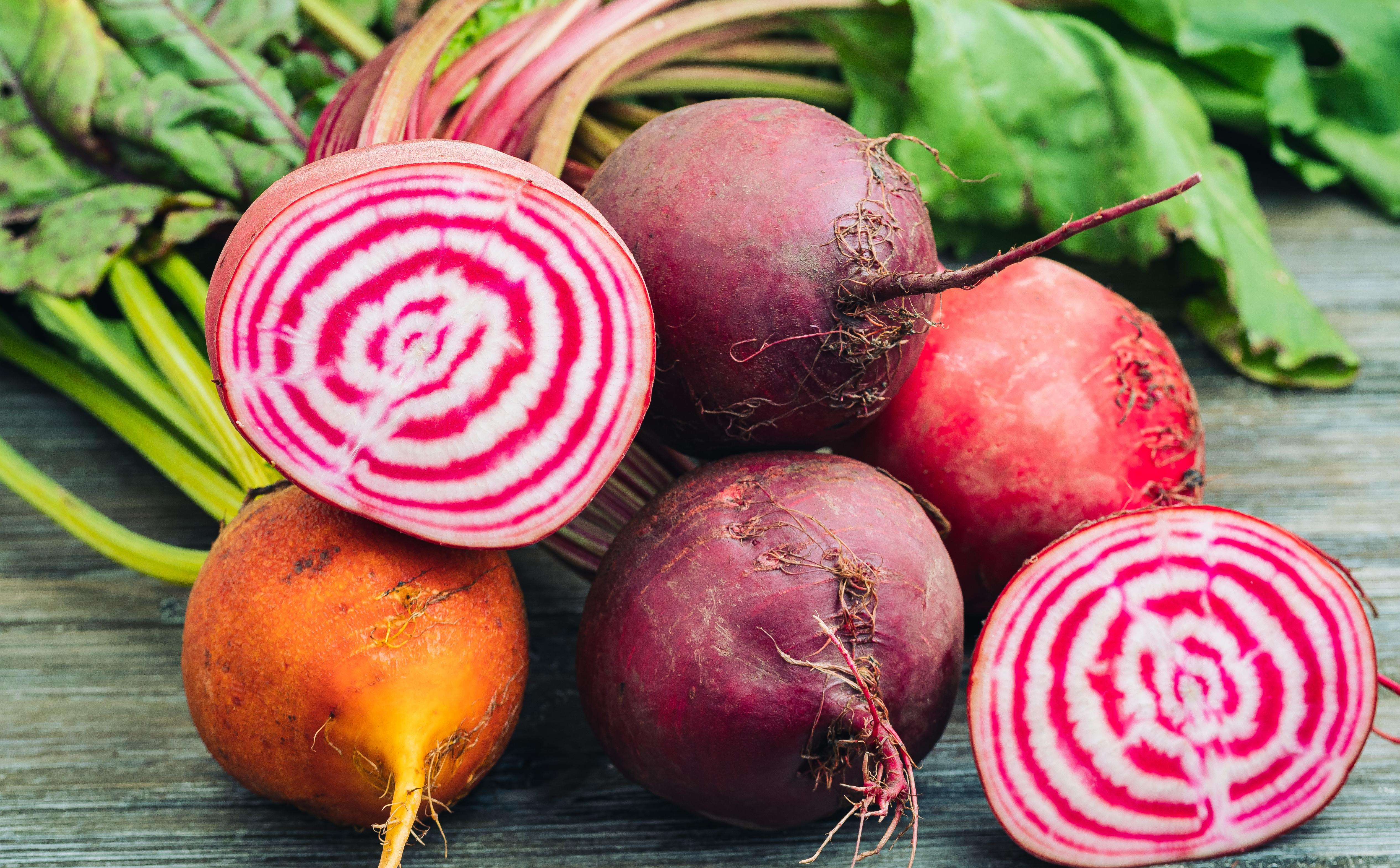
The deep, vibrant color of beetroot comes from pigments called betalains, which possess powerful antioxidant and anti-inflammatory capabilities. Betalains help protect cells from damage and have been shown to reduce inflammatory markers in several studies. Beets are also rich in nitrates, which the body converts to nitric oxide, improving blood flow and potentially lowering blood pressure – another factor linked to inflammation. Enjoy beets roasted, steamed, juiced, or even raw (thinly sliced or grated) in salads. Their earthy sweetness adds a unique dimension to meals while delivering potent inflammation-fighting compounds.
Embracing the Culinary Warriors

As the battle against inflammation continues, the role of diet as a powerful tool in this fight becomes increasingly clear. The 11 culinary warriors explored in this article offer a natural and effective way to reduce inflammation and improve overall health. By incorporating these foods into your diet, you not only enjoy their diverse flavors and textures but also fortify your body against the damaging effects of chronic inflammation. Whether it's the golden hue of turmeric, the zesty kick of ginger, or the creamy richness of avocado, these culinary warriors invite you to embrace the power of food as medicine. As you embark on this culinary journey, remember that small, consistent changes can lead to significant improvements in your health. Let the kitchen be your pharmacy, and let these foods be your medicine.